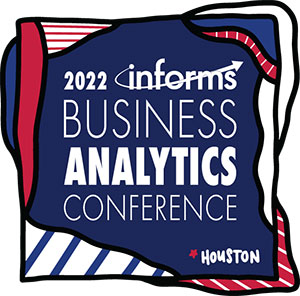
Emily McIntosh
Emily McIntosh
Manager at Ernst & Young
Emily McIntosh is a Manager at Ernst & Young in the Forensic & Integrity Services (Forensics) practice in the Dallas, TX office. She has over nine years of professional experience providing eDiscovery, Forensic Data Analytics (FDA), and legal technology consulting services. Emily has led large and small-scale teams to provide operational and technical guidance to companies and counsel responding to a variety of complex matters in the life sciences, manufacturing and consumer goods, and financial service industries. Emily has experience leading teams responsible for both the technical execution of discovery and analytic services as well as providing consultative services, working with clients to best optimize and develop their legal and compliance programs. She specializes in leading teams in developing complex, customized technical workflows to provide automated and innovative solutions for both internal and external customers. Emily holds a BS in management science, a MS in operations research, and a MS in systems engineering from Southern Methodist University. She is currently a doctoral candidate in engineering management with expected graduation date in May 2022. Prior to joining EY Forensics, Emily was a Business Analyst/QC Specialist with Southwest Airlines in the Marketing Analytics group.
Professional
Track: Machine Learning
Robotic Process Automation: Turning Buzzwords Into Action
In the professional services industry, it is hard to go a day without hearing buzzwords like AI (Artificial Intelligence) and RPA (Robotics Process Automation). Our research shows that while most clients have RPA in their roadmap, few have actually managed to successfully implement solutions. Furthermore, an estimated 30 – 50% of initial implementations fail. This session will cover the key factors required for successful planning and implementation of RPA in legal departments and the common misconceptions and pitfalls that hold many organizations back. We’ll walk through examples of successful implementations of RPA, including how they were implemented and the significant benefits (including quantified ROI in the millions of USD) that they provide.

